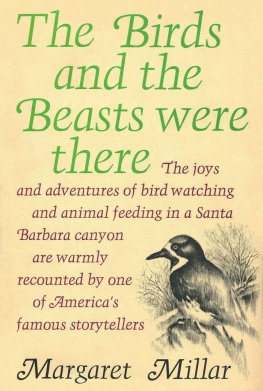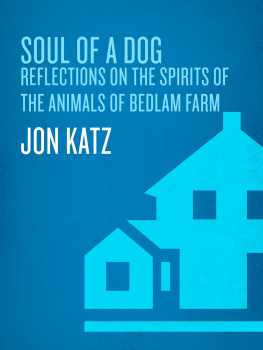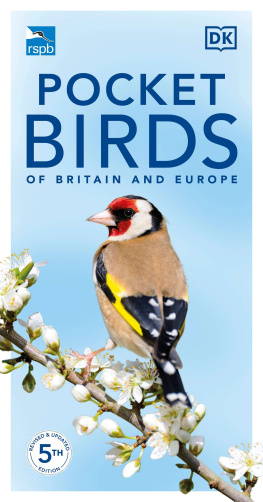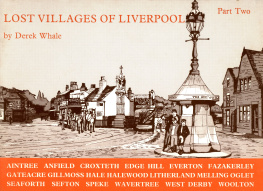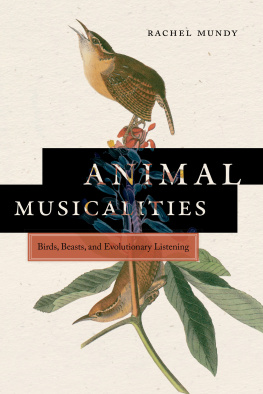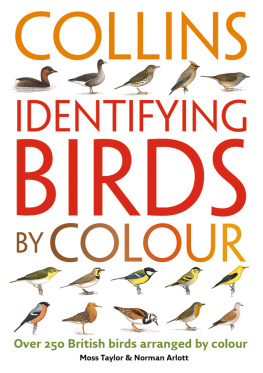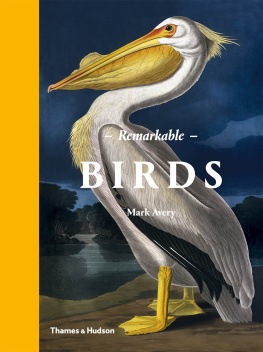Derek Gow - Birds, Beasts and Bedlam: Turning My Farm Into an Ark for Lost Species
Here you can read online Derek Gow - Birds, Beasts and Bedlam: Turning My Farm Into an Ark for Lost Species full text of the book (entire story) in english for free. Download pdf and epub, get meaning, cover and reviews about this ebook. year: 2022, publisher: Chelsea Green, genre: Detective and thriller. Description of the work, (preface) as well as reviews are available. Best literature library LitArk.com created for fans of good reading and offers a wide selection of genres:
Romance novel
Science fiction
Adventure
Detective
Science
History
Home and family
Prose
Art
Politics
Computer
Non-fiction
Religion
Business
Children
Humor
Choose a favorite category and find really read worthwhile books. Enjoy immersion in the world of imagination, feel the emotions of the characters or learn something new for yourself, make an fascinating discovery.

- Book:Birds, Beasts and Bedlam: Turning My Farm Into an Ark for Lost Species
- Author:
- Publisher:Chelsea Green
- Genre:
- Year:2022
- Rating:4 / 5
- Favourites:Add to favourites
- Your mark:
- 80
- 1
- 2
- 3
- 4
- 5
Birds, Beasts and Bedlam: Turning My Farm Into an Ark for Lost Species: summary, description and annotation
We offer to read an annotation, description, summary or preface (depends on what the author of the book "Birds, Beasts and Bedlam: Turning My Farm Into an Ark for Lost Species" wrote himself). If you haven't found the necessary information about the book — write in the comments, we will try to find it.
Derek Gow: author's other books
Who wrote Birds, Beasts and Bedlam: Turning My Farm Into an Ark for Lost Species? Find out the surname, the name of the author of the book and a list of all author's works by series.
Birds, Beasts and Bedlam: Turning My Farm Into an Ark for Lost Species — read online for free the complete book (whole text) full work
Below is the text of the book, divided by pages. System saving the place of the last page read, allows you to conveniently read the book "Birds, Beasts and Bedlam: Turning My Farm Into an Ark for Lost Species" online for free, without having to search again every time where you left off. Put a bookmark, and you can go to the page where you finished reading at any time.
Font size:
Interval:
Bookmark:
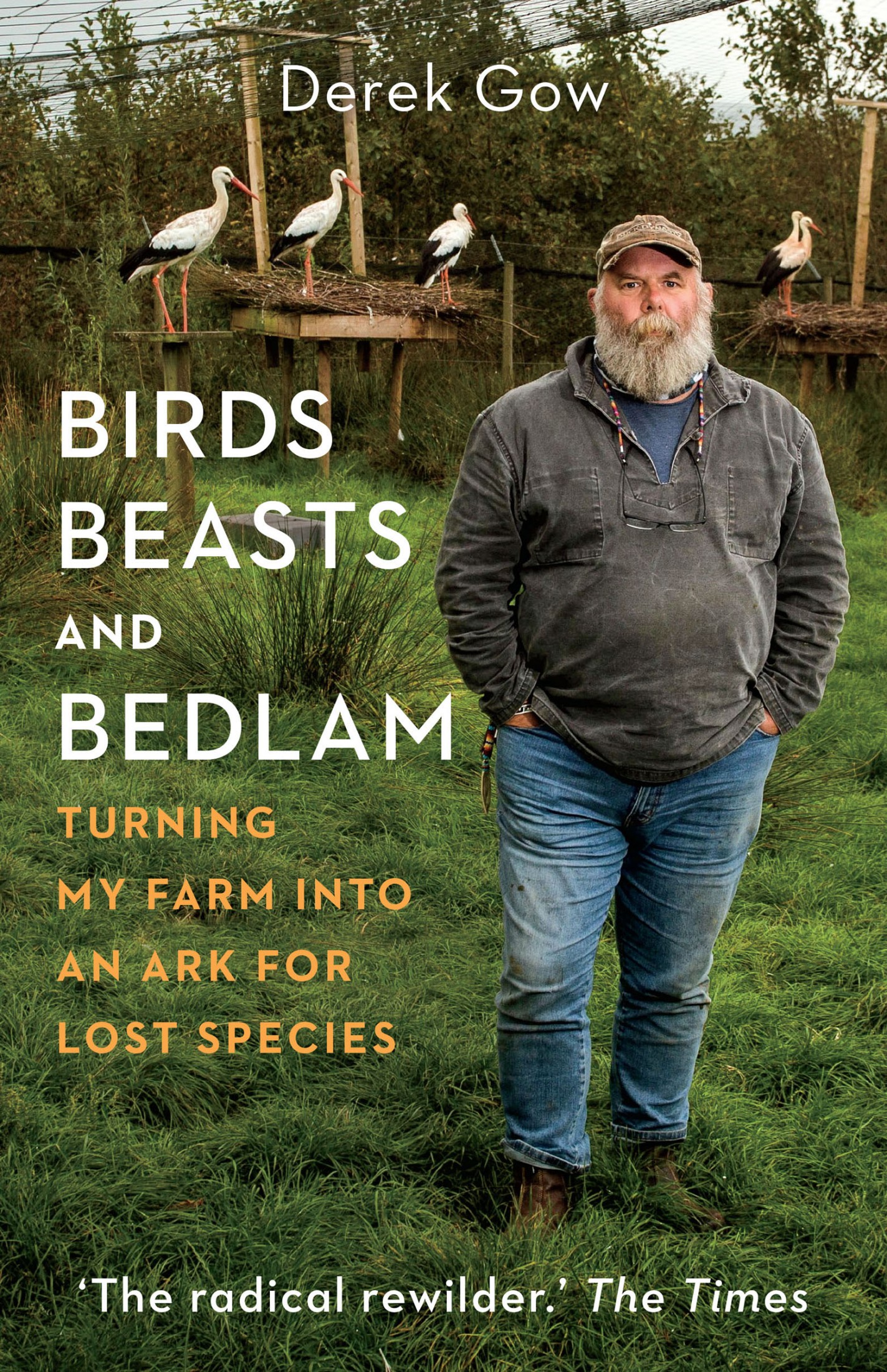
Dereks passion for our native wildlife is matched by his highly pragmatic approach to helping it thrive. He gets stuff done. The story of his amazing work at Broadwoodwidger is highly entertaining but also a heartfelt plea for a wilder, more inspiring Britain.
HUGH FEARNLEY-WHITTINGSTALL
Derek Gows riotous adventures rescuing threatened species and releasing them for rewilding read like Gerald Durrell on steroids. Courageous, visionary, funny and always up for a scrap with bureaucracy and complacency, the world needs many more Derek Gows.
ISABELLA TREE , author of Wilding
A brilliant read and the entertaining backstory of a species of human megafauna who has transformed the British conservation scene.
BENEDICT MACDONALD , author of Rebirding (winner, 2020 Wainwright Conservation Prize)
A great read from a rewilding polymath. This is how its done and youll also learn about the struggles. Nature needs more bold people like Derek Gow to restore our damaged planet.
ROY DENNIS MBE , author of Restoring the Wild
A larger-than-life character who writes as well as he thinks, Derek Gow has seen the future rewilding and it works.
STANLEY JOHNSON
There is only one Derek Gow. Like a gruff, bearded naiad, he speaks for nature with all the force of someone who has spent a life protecting it. The trickle of good news stories coming out of British conservation nearly all owe a significant debt to Gow; he has been instrumental in the restoration of the marvellous beaver, the increase in water voles and the return of storks to English land. In Birds, Beasts and Bedlam, this fascinating man tells us about his life and how he ended up championing rewilding as a solution to our impoverished landscape. More than this, there are hilarious stories of his many interactions with animals, both wild and less than pleased, that have dotted his journey in turning sterile Devon farmland into a beautifully rewilded tapestry of faunal interactions.
DR ROSS BARNETT , author of The Missing Lynx
It is a charming, passionate and timely book. It will stir thoughts in many, and motivate them to do even small things that can have large consequences. I hope it will become a classic.
BERND HEINRICH , author of A Naturalist at Large
Derek Gows Birds, Beasts and Bedlam is charming, witty and has a get it done approach to the reintroduction of endangered species and restoration of natural habitats destroyed by hundreds of years of overmanagement.
BENJAMIN KILHAM , wildlife biologist; author of In the Company of Bears
Birds, Beasts and Bedlam
Turning My Farm into an Ark for Lost Species
Derek Gow
Chelsea Green Publishing
White River Junction, Vermont
London, UK
Copyright 2022 by Derek Gow.
All rights reserved.
All illustrations copyright 2022 by Derek Gow.
No part of this book may be transmitted or reproduced in any form by any means without permission in writing from the publisher.
Project Manager: Patricia Stone
Developmental Editor: Muna Reyal
Copy Editor: Susan Pegg
Proofreader: Angela Boyle
Indexer: Linda Hallinger
Designer: Melissa Jacobson
Page Layout: Abrah Griggs
Printed in the United Kingdom.
First printing April 2022.
10 9 8 7 6 5 4 3 2 122 23 24 25 26
Library of Congress Cataloging-in-Publication Data
Names: Gow, Derek, author.
Title: Birds, beasts and bedlam : turning my farm into an ark for lost species / Derek Gow.
Description: White River Junction, Vermont : Chelsea Green Publishing, [2022] | Includes bibliographical references and index.
Identifiers: LCCN 2022003443 (print) | LCCN 2022003444 (ebook) | ISBN 9781645021339 (hardcover) | ISBN 9781645021346 (ebook)
Subjects: LCSH: Gow, Derek. | Wildlife reintroductionGreat Britain. | Wildlife conservationistsGreat BritainBiography.
Classification: LCC QL83.4 .G69 2022 (print) | LCC QL83.4 (ebook) | DDC 639.970942--dc23/eng/20220131
LC record available at https://lccn.loc.gov/2022003443
LC ebook record available at https://lccn.loc.gov/2022003444
Chelsea Green Publishing
85 North Main Street, Suite 120
White River Junction, Vermont USA
Somerset House
London, UK
www.chelseagreen.com
To Kyle and Maysie; the best kids ever.
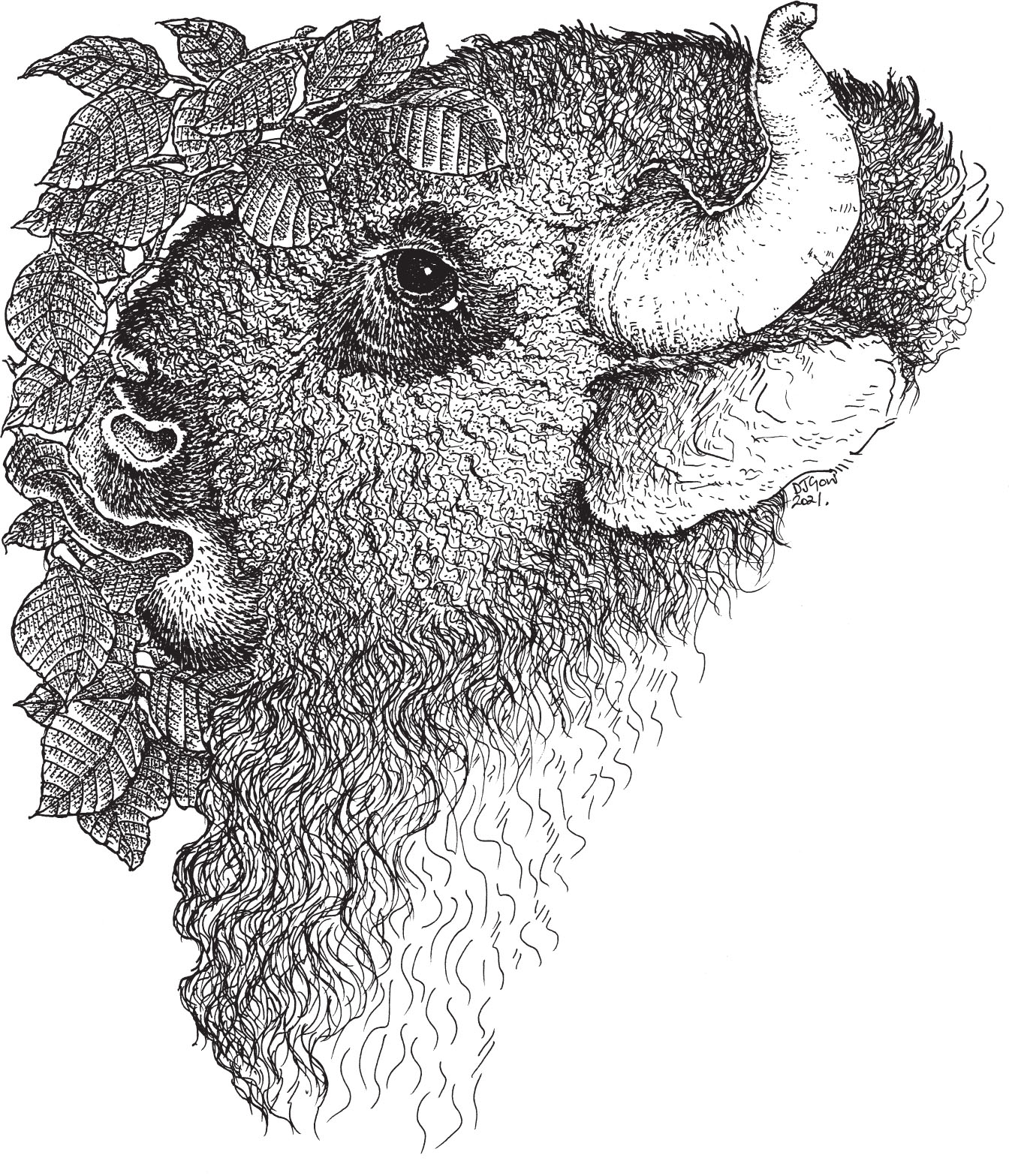
We could smell them from behind the large fallen tree to which we had belly crawled. Their warm sweet breath. Their musky bovine richness. Slowly we extended our heads up to get a view. They were vast. Simply gigantic. Swimming in a sea of lush understory, they wrenched and pulled at the vegetation around them, snapping twigs and grinding their woody repast like trying teenagers crunching dry breakfast cereal. Humps extended, they reached up into the foliage to pull down dainties with their dark curling tongues. Bark and berries, leaves and shoots. They snorted, stamped and shook their rough maned heads with bleary annoyance when buzzing bloodsuckers bit. Swishing tails and dun coats with deep winter wool already forming, the Polish bison bulls were breathtaking.
We watched for a while. When we were done, my guide said it was best that they knew where we were. We stood up slowly and clapped our hands. Their heads shot up in an instant, snorting to catch our scent, chestnut eyes wild with their whites showing clear. Nostrils extended. They whirled and plunged, tails up in alarm, into the backing infinity of deep forest green. Branches swished, sprung and steadied. In the haste of flight, the splatter from their steaming dung dripped slowly from branched limbs and leaves to the ground.
Although there is no evidence that the European bison (Bison bonasus), known as wisent (pronounced we-sent), ever occurred on our islands, as a hybrid of the extinct steppe bison (Bison priscus) and the aurochs (Bos primigenius), both of which did, they are attuned to our environments. Britain once hosted a broad range of great beasts. We slaughtered the bears, elk and lynx many centuries ago. The wolves lasted longest. Now, only the names of their crags, hills, meres or the ubiquitous deep pits where we caught and bound them for torture recall their once being. Like the aquamarine blue moor frogs, black storks and night herons, we were the end of them all.
One in seven of our surviving species is now also threatened with extinction. In large part, much of the landscape so seemingly green, which we traverse with daily indifference, is dead. Chemicals and pesticides in the soil have killed the very small things. The passing of these has so starved, poisoned or otherwise compromised the other slightly larger, but still small things, that shockwaves of depletion now ripple upwards through every level of natural dependency. Gone is the food for some creatures or the cover for others. The living space that remains is highly restricted and commonly of poor quality. The absence of one pivotal creature can mean the loss of natural function upon which others depend. Even when our understanding of this is crystal clear, we act in reluctant slow-motion response.
Conservation comes in many forms and my beginning was not with the wild but the tame. At a time when you can drive through the landscape and see so many of the old black or spotted sheep, white long-horned cattle, or brick-red pigs more or less everywhere, its hard to remember that these relict sorts were by the 1970s nearly extinct. Farming at that time was already set to conquer its Everests of improvement. Rivers of government cash flowed into subsidises for everything imaginable. The import of faster-growing continental livestock, new and super productive crops, fertilisers that flowed from white plastic sacks rather than freely from cows backsides, pesticides that killed their target species and much more besides. Guilds of focused advisors in drab brown overalls and tiny vans met farmers free of charge to explain how to employ this largesse. Colleges produced legions of indoctrinated students who marched out in ranks to feed the world. Research stations, laboratories and experimental farms, all centrally funded, were established throughout the land. Meadows full of dancing wildflowers or woodlands where spotted flycatchers dipped and weaved to catch beakfuls of insects twirling in sunlit strobes did not fit the narrative of those times. Most were ploughed under or ripped free from the soil that had held them for centuries for incineration on pyres well prepared. Birds of all sorts died in myriads when cornfields, old pastures and orchards were sprayed with new toxins. Frogs returned to breed in the spring to ancestral ponds now filled in. There are pictures of them in black and white, sitting in massed aggregations on their drying spawn with no water.
Font size:
Interval:
Bookmark:
Similar books «Birds, Beasts and Bedlam: Turning My Farm Into an Ark for Lost Species»
Look at similar books to Birds, Beasts and Bedlam: Turning My Farm Into an Ark for Lost Species. We have selected literature similar in name and meaning in the hope of providing readers with more options to find new, interesting, not yet read works.
Discussion, reviews of the book Birds, Beasts and Bedlam: Turning My Farm Into an Ark for Lost Species and just readers' own opinions. Leave your comments, write what you think about the work, its meaning or the main characters. Specify what exactly you liked and what you didn't like, and why you think so.

